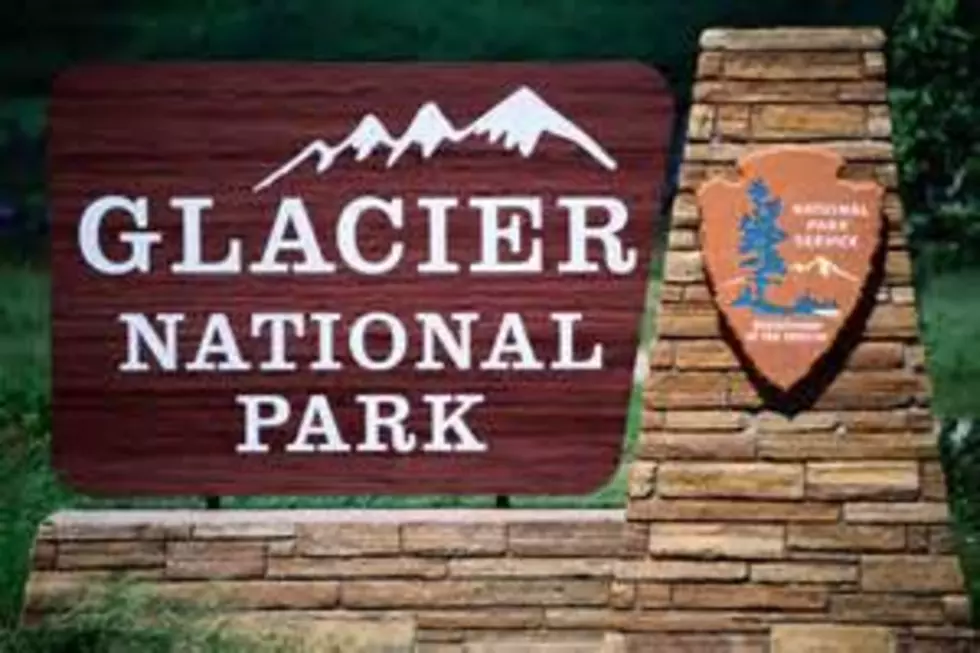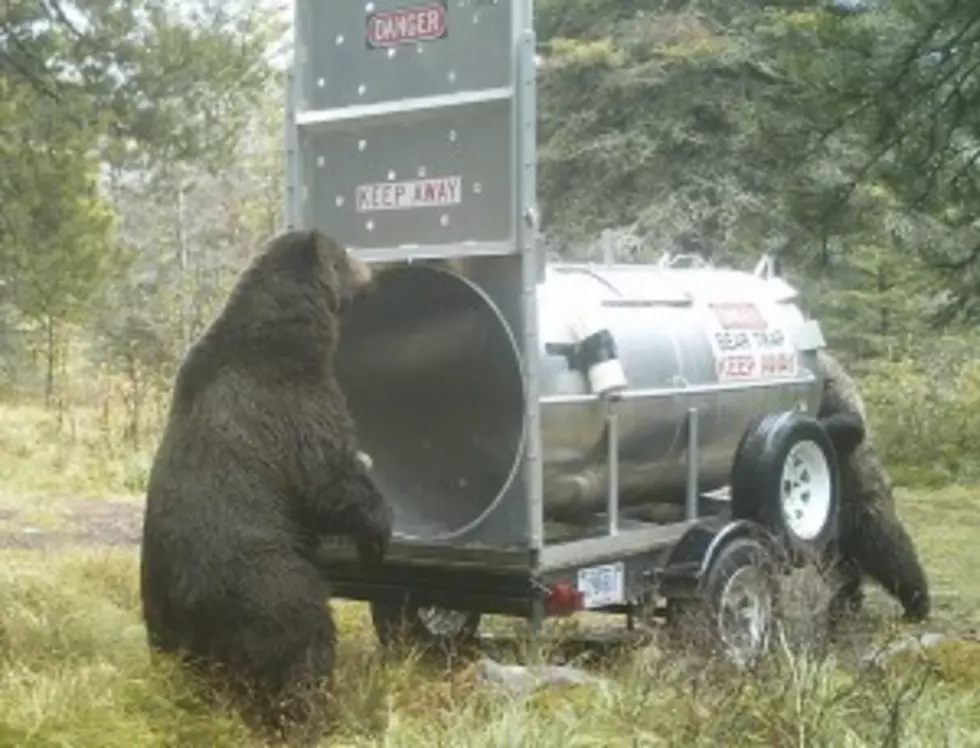
UM’s Flathead Lake Biological Station Hires New Director
James Elser, an internationally renowned freshwater ecologist, will become the next director of the University of Montana’s Flathead Lake Biology Station. (Photo credit: James Elser)
POLSON – James “Jim” Elser, an internationally renowned freshwater ecologist, will become the next director of the University of Montana’s century-old Flathead Lake Biological Station.
UM President Royce Engstrom announced July 29 that Elser had accepted the position. Elser, a lake ecologist who serves as a Regents’ Professor at Arizona State University, was selected for the position after an extensive international search.
“I was thrilled when President Engstrom offered me the position,” Elser said. “The Flathead Lake Biological Station is really well-known in my field of limnology as an amazing place to work and study. I was drawn to the position by that reputation, including the terrific research program established by Jack Stanford and the other bio station faculty, but it was all solidified when I visited. The location is unrivaled, facilities are impressive, the station is impeccably maintained, and, perhaps most importantly, the staff is so outstanding and so clearly committed to the mission of the station.”
Elser will begin his new duties Dec. 1, though he will not be in residence at the bio station until March 1, 2016. He will succeed Jack Stanford, who will remain director until Elser arrives and then stay on until June 1 as a UM faculty member to complete research, write and mentor his final graduate students. Stanford plans to retire in June after serving the University for 44 years.
“We knew that Jack [Stanford] would be a tough act to follow,” Engstrom said. “So we were delighted to find Jim Elser who has the breadth of skills and experience in both science and leadership that is needed to continue the tradition of FLBS excellence. We look forward to a seamless transition.”
In addition to being on the ASU School of Life Sciences faculty, Elser is a distinguished sustainability scientist in ASU’s Global Institute of Sustainability; president of the world’s largest water-science society, the Association for the Sciences of Limnology and Oceanography; is a Fellow of the American Association for the Advancement of Science; and holds an active membership with the Ecological Society of America.
“I hope to bring a broad interdisciplinary and international vision to the station,” Elser said. “Globally, freshwaters are a critically important resource for our very survival, and lakes especially are central in providing economic, cultural and social value. This is especially true for Flathead Lake, which is a treasure of Montana and the whole Northwest.”
Elser is a highly acclaimed scholar who has won numerous awards, including Fulbright Scholar (twice), ASU Professor of the Year by the ASU Parents’ Association, foreign member of the Norwegian Academy of Sciences and Letters and the G.E. Hutchinson Award, ASLO’s most prestigious award for research accomplishment. He has an exemplary record of earning research grants, including multimillion dollar awards from the National Science Foundation and NASA.
He has been published more than 220 times in prestigious scientific journals, including prestigious journals including Science, Nature, BioScience, Proceedings in the National Academy of Sciences, Limnology & Oceanography, Ecology and Frontiers in Microbiology, among others. Elser co-wrote the highly regarded book “Ecological Stoichiometry,” which was published by the Princeton Press.
He has studied freshwater ecosystems around the world, has broad research interests and brings extensive experience in community ecology and nutrient dynamics, which are areas of importance and the focus of much previous bio station work on Flathead Lake.
“I want to help make the University of Montana a world leader in advanced research and training in limnology, ecology and environmental science,” Elser said. “FLBS can become a global fulcrum for innovation, discovery and entrepreneurism in those domains, and I am thrilled to join the University of Montana and build a team around that vision.”
Elser earned his bachelor’s degree in biology from University of Notre Dame, his master’s in ecology from the University of Tennessee and his doctorate in ecology from the University of California, Davis.
More From K96 FM









